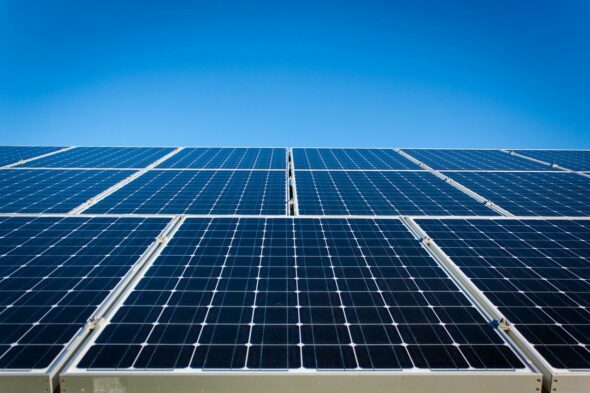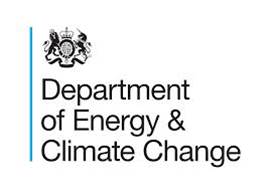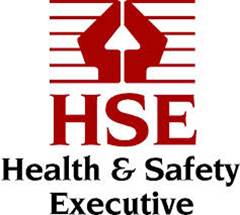Case Study
Accreditation of the renewable energy industry is helping the UK reach net zero targets
Summary
Making better use of renewable energy resources is going to be crucial in reducing overall emissions and reaching net zero targets. UKAS accredits the national microgeneration certification scheme, and testing and inspection bodies that examine solar, wind and wave energy installations.
Background
Before the introduction of the Microgeneration Certification Scheme (MCS) in 2006, government and industry initiatives in this fast-growing area were based entirely on self-certification. This lack of independent appraisal meant it was difficult for government, industry and end users to have confidence in either the quality of microgeneration products or the competence of their installers.
The situation is similar for larger-scale renewable energy production, which contributes around 30% of the UK’s electricity. {Source: Energy UK, the trade association for energy industry in the UK.} Here innovation has ramped up as the sector aims to deliver practical solutions that are affordable for mass use and meet required service levels.
Strategy
The MCS is an independent UKAS accredited quality assurance scheme that provides market confidence in microgeneration products and installations without the need for direct government intervention. Under the MCS, products and installers must be MCS certified by a UKAS accredited certification body in order to be eligible for UK government financial incentives, such as feed-in tariffs and the renewable heat incentive. In turn, certification bodies must demonstrate their own competence, impartiality and integrity to UKAS in order to be accredited under ISO/IEC 17065: 2012.
The European Marine Energy Centre (EMEC) has been accredited by UKAS since 2005. It is the world’s first and only centre of its kind to offer open-sea testing of wave and tidal energy conversion systems at its purpose-built facilities. In addition to providing independently verified performance assessments through its accredited laboratory (ISO 17025), EMEC also offers independent accredited inspection and verification of environmental products and systems (ISO 17020).
Similarly, in October 2021 Global Wind Service became the UK’s first Type C inspection body to receive accreditation (against ISO/IEC 17020) for the statutory inspection of all types of wind farms and wind farm projects. Here accreditation acts as an important indicator of a reliable and high-quality service in a burgeoning industry.
Results and impact
Accreditation of the MCS provides assurance to end users that renewable energy products are fit for purpose and that installers are competent to install them. Similarly, the independent verification and testing of renewable energy systems helps them to fulfil their potential, whilst simultaneously enabling innovative and potentially more effective technologies to reach the market.
Renewable energy production is a fast moving and innovative industry. By underpinning testing, inspection and certification services, accreditation gives assurance to potential users and increases market, consumer and regulatory confidence in renewable energy schemes, systems and policies. In turn, this will lead to increased adoption of renewable energy products and systems, helping government to reach net zero targets.






